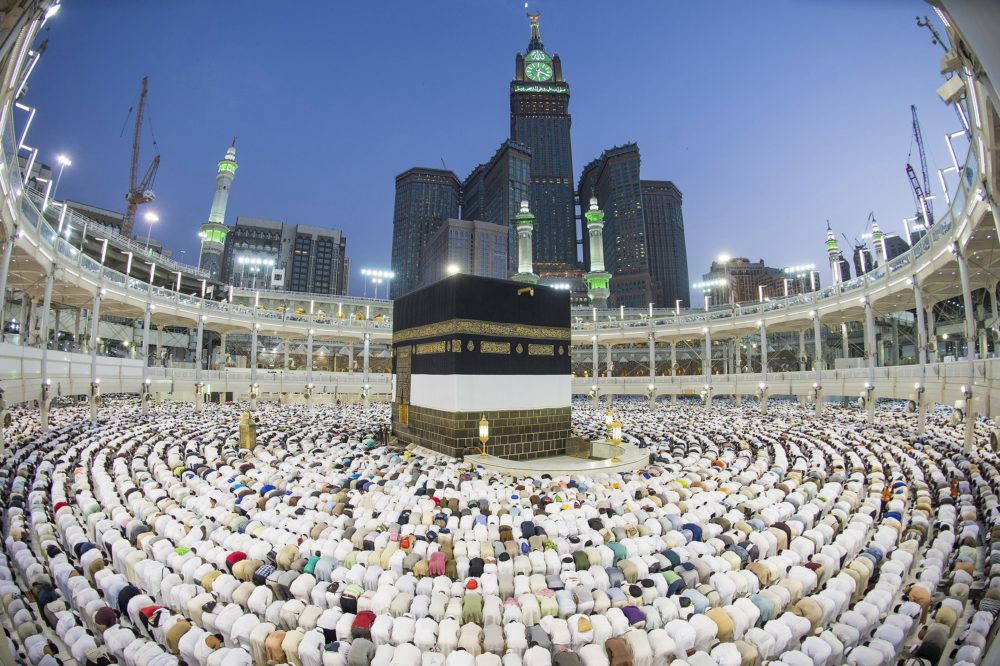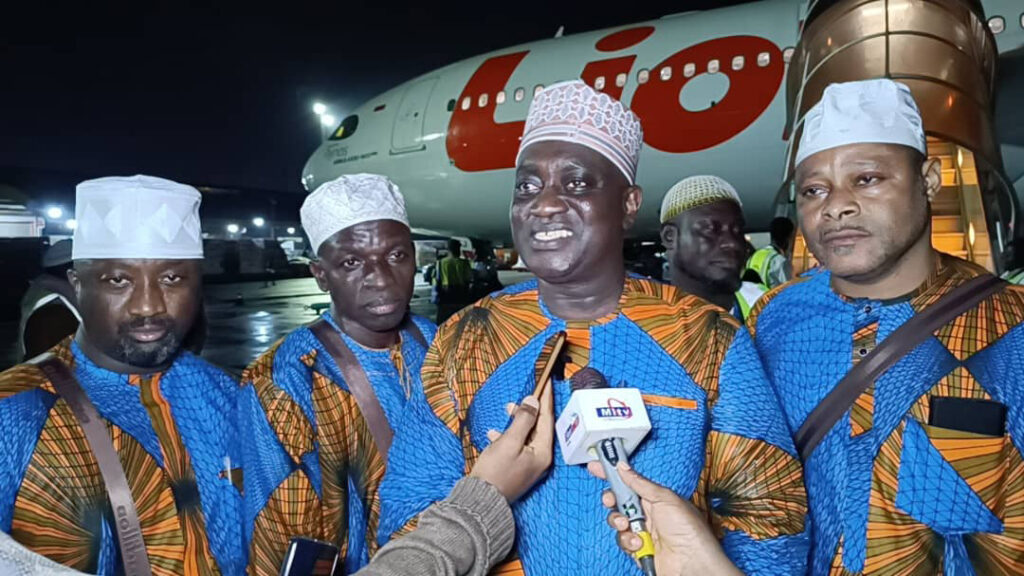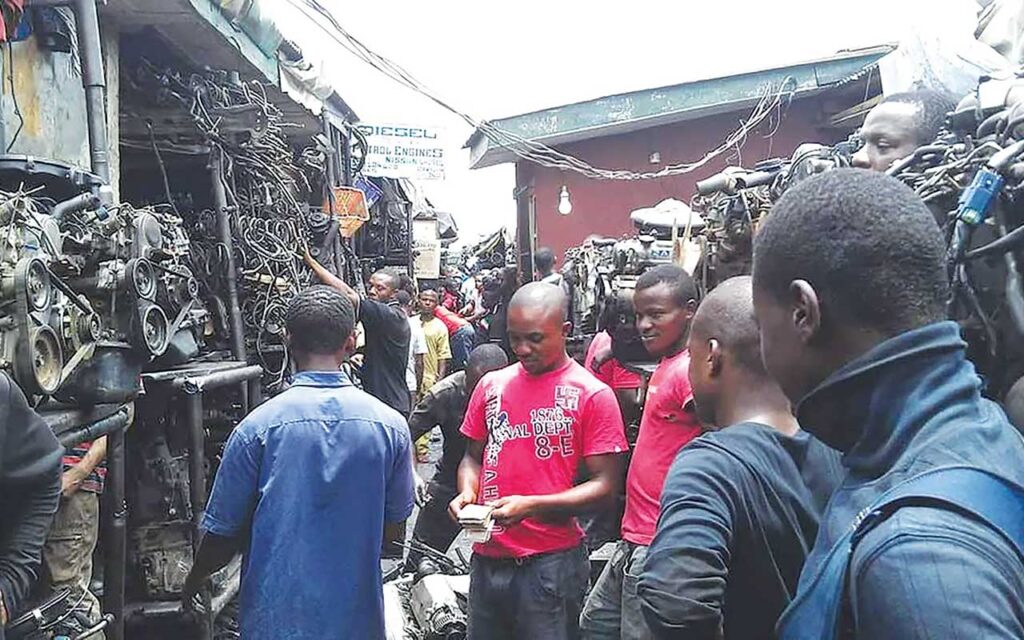
Nigerian embassies are reeling in the aftermath of the steady decline of naira in the foreign exchange market. With it comes unsavoury tales of unpaid rents, utility obligations and attendant embarrassment to the country abroad. Besides the call for more funding, the dire situation reminisces missed opportunities to invest in overseas properties at the time of plenty, BRIDGET CHIEDU ONOCHIE reports.
With the steady decline in the value of the naira, currently pegged at N1,500/1$ in the parallel market, several of the 110 Nigerian foreign missions are in dire straits.
Recall that Nigeria had in 2019 announced the closure of the Czech Republic, Serbia and Sri Lanka embassies due to a shortage of funds. The then minister of Foreign Affairs, Geoffrey Onyeama, had said that the closure had no significant effect on the diplomatic relationships with the affected countries.
The same scenario may play out soon except there is an urgent upward review of the 2024 allocation of the missions.
The Minister of Foreign Affairs, Ambassador Yusuf Tuggar, had during the 2024 budget defense implored the National Assembly to expedite action on the bill seeking to place the ministry’s budget on the first line charge.
The Minister also asked for a 200 per cent increase across the board in 2024 and proposed Overhead Cost Allocations for the headquarters and Nigeria’s missions abroad.
Tuggar frowned against the envelope budgetary allocation provided by the budget office, noting that such was insufficient for meaningful capital projects, especially with the continuous fall of the naira against the dollar, and the upward inflationary trends in the global economy.
About N398 billion had been budgeted for the missions in the past five years. For instance, N54 billion was budgeted in 2020, N65.1 billion in 2021, N68.6 billion in 2022, N80 billion in 2023 and N130 billion for the year 2024. Although there is a significant increase from the previous year’s allocation, the unprecedented drop in the naira’s worth has rendered the budget increase insignificant.
As of the time of 2024 allocation, the N130 billion amounted to only $142.4 million whereas the N54 billion allocated in the year 2020 was exchanged for $150 million.
Amb. Ode Ogbole Amedu, recalled a similar experience while serving in Mexico. He noted that the devaluation of the naira then and the economy going into recession suddenly dipped the naira from N150 to N360 to a dollar, making it difficult for the mission to pay its bills including rent.
“And we couldn’t just meet up. It was an experience I don’t wish for anybody,” he said.
Ode warned that without proper funding, the image and integrity of a country might be at stake, stressing that the inability to fund missions abroad sends a wrong signal to other countries.
To reduce the effect of poor funding on missions, he charged the Nigerian government to consider investing in properties abroad as most countries do. This he said, will permanently address the issue of rents for diplomats and missions’ offices.
“The mistake Nigeria has made over the years is the inability to invest in properties. There should be a short-, medium-, and long-term plan towards investing in properties; at least, to ease rent problem.”
According to Ode, revenues generated from missions are paid directly to the bank account of the Nigerian Immigration Service and cannot be accessed by missions as erroneously speculated.
He noted that while the missions facilitate trade and investment between their country and the host nations, they are out of the implementation processes.
“No one thinks about us at that time. Diplomacy is about defending national interests and protecting national image. It is an investment that does not yield naira and kobo.”
Also, a Professor of Political Science at the University of Jos, Dung Pam Sha, expressed the need for the government to properly fund diplomatic missions, noting that without that, missions would not be able to fulfil their mandates one of which is to protect citizens who are outside the country.
Sha, who is a Director of Research at the National Institute for Policy and Strategic Studies (NIPSS), added that funding is key in sustaining diplomatic missions.
“Without proper funding, these missions will not be able to render services to other countries that either want to visit or do business with Nigeria. Also, if officials of the embassies don’t get their salaries regularly, they won’t play their roles effectively and they can engage in other activities that will be very unhealthy for our nation.
“Every nation prides itself in seeing her diplomatic missions blossom and if missions go hand in cap to other poor nations that are not as wealthy as we are, it will not tell a good story about our international image.”
The don, however, suggested merging some embassies that are not very viable to manage costs. He urged the Ministry of Foreign Affairs to be very clear and project the country’s image in a manner that “we need to be present where we need to be present, and we need to merge where we think we do not have much economic or political interests.”
For the National Chairman of the Social Democratic Party, Shehu Gabam, underfunding of embassies is a sign that the nation’s foreign policy has collapsed.
Describing the foreign policy of the former head of state, General Murtala Muhammed as African-centred, he said that it is very difficult to pinpoint a clear foreign policy direction of today’s Nigeria.
He said: “For instance, we have floated our currency and engaged in the devaluation of our naira and then, we are embracing Western policy that is not our foreign policy focus instead of pursuing admission into BRICS to trade with our currency and enhance the value of our economy and the demand of workers.
“So, the fact remains that we have lost the fundamental principle of defining our foreign policy. We look at policy as an office and not as adding value to the nation.
“Embassies are like a nation and they have immunity. Since you have citizens living in that country, you will need to service their needs. But go to Nigerian embassies abroad, most of the staff cannot eat well, they cannot even offer you a cup of tea. Some of them cannot also pay salaries. So, if they have become too expensive for us to maintain, we can trim them down but keep those that have economic value in exchange.”
Gabam stated that the dynamics of the world have shifted and that whether Nigeria likes it or not, “our dynamics in terms of foreign policy will have to shift. The nation cannot move if we do not shift in line with the current dynamics that are shifting globally.”
The Vice President of the Nigerian Community in Turkey, Enifome Ubogu, while narrating his experience living in Turkey, said though the Nigerian embassy in Turkey corporates and supports Nigerians at every level, there is still a need for the mission to be properly funded for effective service delivery.
He added that with better funding, the effects and activities of the embassy on behalf of Nigeria and its citizens would be more glaring.
Ubogu said: “As the Vice President of the Nigerian community here in Turkey, we work closely with the embassy and the staff are always on hand to listen and help solve problems affecting Nigeria. However, I believe that with better funding of the embassy, they would be more impactful.”
Ubogu, however, believed that shutting down some embassies or reducing diplomatic footprints in some countries was not an option.
“If for example, the embassy is scrapped in Turkey, how are we going to feel represented? The distance from support and help for Nigerians will become wider. At the moment, the majority of Nigerians in Turkey feel the impact of the embassy in Ankara from afar, taking it out completely will do more harm than any good to the Nigerian population living in Turkey.”
“Though I don’t know how much our embassy is getting or how much they should get, for the embassy to do more for us, they should be properly funded.”
Ubogu narrated the experience of a pregnant Nigerian lady who was arrested at the airport and how the intervention of the embassy saved the situation.
“It took the intervention of the Nigerian community in collaboration with the embassy to constantly visit and help pursue legal means to ensure her release because she was pregnant with a triplet and she was treated in a way we didn’t find justified.
“We approached the embassy and they sent someone to support and help the lady while in detention at the hospital. The system would have treated her worse if she had no representation. Without the embassy, what would have been her fate?” Ubogu asked.
He added that Nigerian missions abroad should be well equipped to perform other functions including passport renewals, and national identity numbers, and in more designated places too.
As Nigerians seek improved funding for missions abroad, there is also a need for transparency and accountability in the management of the appropriated funds as their contributions to guard the image of the country. There have been instances where heads of missions were accused of actions that were not befitting of the symbol of a country. º
Some were accused of imprudence and other forms of violation of diplomatic ethics, especially with regards to embarking on unnecessary travels outside their countries of assignment, simply to obtain travel allowances even from the said meagre budget.












